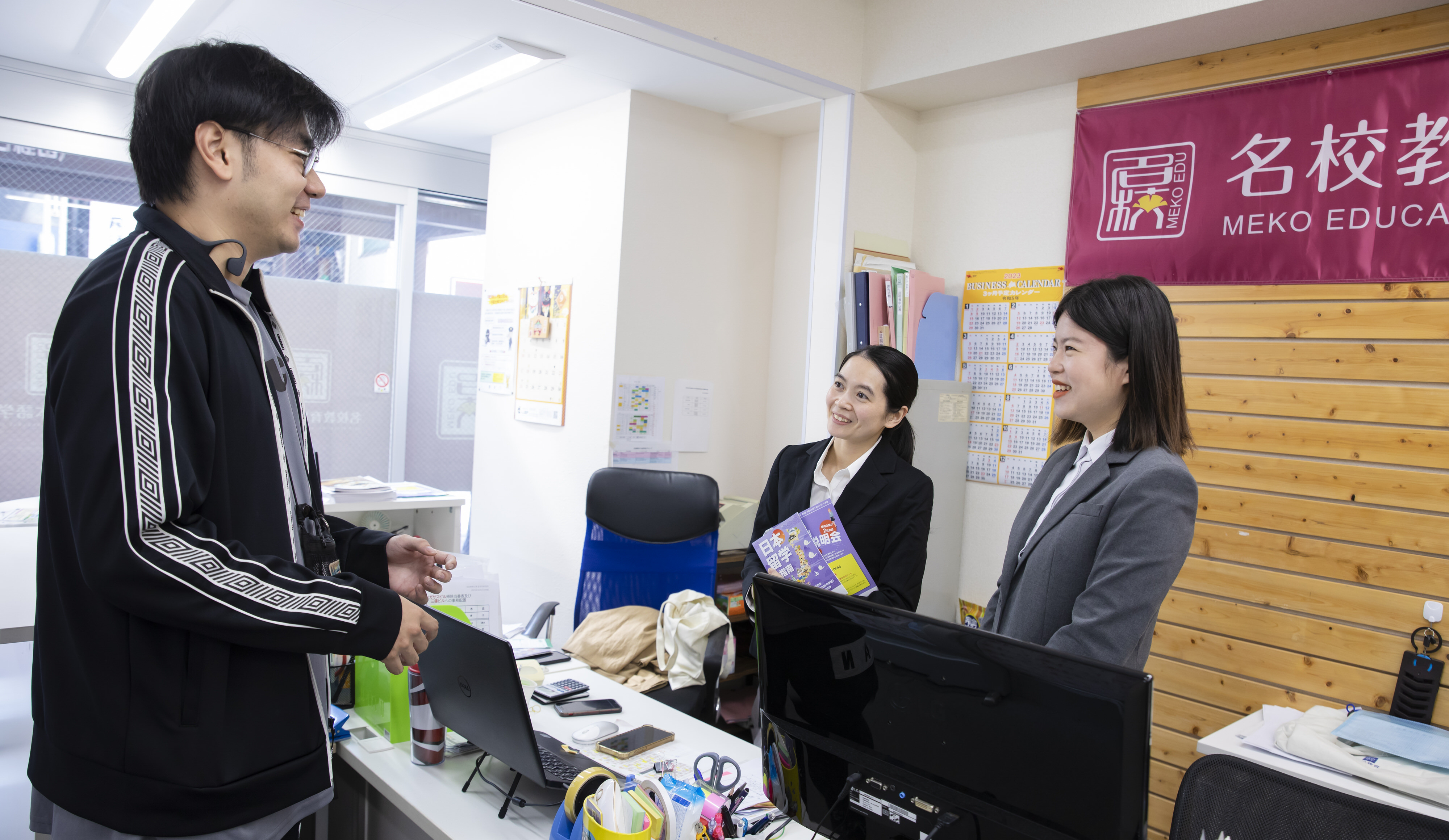
Residence card, National Health Insurance, my number card, opening a bank account…A classic story of living in Japan as an international student.
Moving to Japan for the first time as an international student is an exciting adventure! However, to make the transition as smooth as possible, there are some key tasks you need to complete. From registering your address to opening a bank account, this guide will help you navigate the administrative steps required to settle into life in Japan.
1. Register Your Address on Your Residence Card
Once you arrive in Japan, the first step is to register your address. You have 14 days to complete this process at the local city hall (市役所, shiyakusho) or ward office (区役所, kuyakusho) in your area.
What you need:
Your residence card (在留カード, zairyū kādo), passport, and sometimes a filled-out form (available at the city hall).
Process:
Take your residence card to the ward or city office and notify them of your new address. They will update your residence card with your current address.
2. Apply for National Health Insurance (国民健康保険, Kokumin Kenkō Hoken)
Japan has a fantastic healthcare system, and all residents are required to enroll in the National Health Insurance (NHI). This provides you with affordable healthcare while you're in Japan.
Where to apply:
After registering your address at the ward or city office, head to the National Health Insurance desk to apply.
Cost:
The insurance cost is relatively low, especially for students, and the premiums are based on your income. You’ll pay around 2,000–4,000 yen per month.
Coverage:
With NHI, 70% of your medical costs will be covered.
3. Get Your My Number Card (マイナンバーカード, Mai Nanbā Kādo)
The My Number Card is your personal identification number in Japan. It’s used for tax, social security, and various other administrative purposes. While not mandatory, it is highly recommended to apply for the card, as it will simplify many procedures like opening a bank account.
How to apply:
You’ll receive a My Number notification in the mail after registering your address. Use this to apply for the physical card either online or via mail.
Why you need it:
The My Number Card can be used for many official procedures and can even act as a form of photo ID. Some services require the number for tax and pension purposes.
4. Open a Bank Account
Opening a bank account is important for receiving funds, paying bills, and handling your finances in Japan. Many schools require a Japanese bank account to process tuition or scholarship payments.
What you need:
Passport
Residence card (with your registered address)
Phone number
My Number (in some cases)
Proof of enrollment at your university or language school
For anyone who’s living in Japan less than 6 months, Japan Post Bank will be the go-to bank for your first bank account in Japan. It is foreigner-friendly, and the cash card has all the basic functions you need. Just remember that to activate the transfer function, you will need to make a request at the branch and fill out a form.
5. Sign Up for a Mobile Phone or SIM Card
Staying connected is essential! Japan offers several options for mobile phone contracts and SIM cards, and you will need a working phone number for many of the administrative tasks.
Options:
You can either sign a contract with a major mobile carrier (like SoftBank, Docomo, or AU) or get a more affordable SIM card through providers like LINE Mobile or Rakuten Mobile.
Documents needed:
Passport, residence card, and possibly your bank account information.
6. Register for the National Pension System (国民年金, Kokumin Nenkin)
If you’re staying in Japan for more than three months, you will also be required to register for the National Pension system. Although students are eligible to defer payments, it's still mandatory to register.
Where to register:
You’ll receive a pension book in the mail after registering your address. Take it to your city office to register.
Deferral:
As a student, you can apply for an exemption or deferral of payments. The city hall can help you with this.
7. Familiarize Yourself with Public Transportation
Japan’s public transportation system is efficient and easy to use once you get the hang of it. Most students use a rechargeable IC card (like Suica or Pasmo) to travel around Tokyo and other cities.
How to get an IC card: IC cards are available at any major train station ticket machine.
Student commuter pass:
If you're regularly commuting to school, apply for a student commuter pass to save money on train fares.
8. Explore and Learn!
Once the paperwork is out of the way, you can start enjoying your time in Japan! Take some time to explore the local area, learn some Japanese, and immerse yourself in the culture. Meko Language School offers cultural events and language lessons that can help you ease into life in Japan.
By following these steps, you’ll be well on your way to settling into your new life in Japan. Although the paperwork might seem overwhelming, taking it one step at a time will help you feel more comfortable and prepared to enjoy your experience in Japan.
Welcome, and good luck! Our staff will support you through this journey ahead!